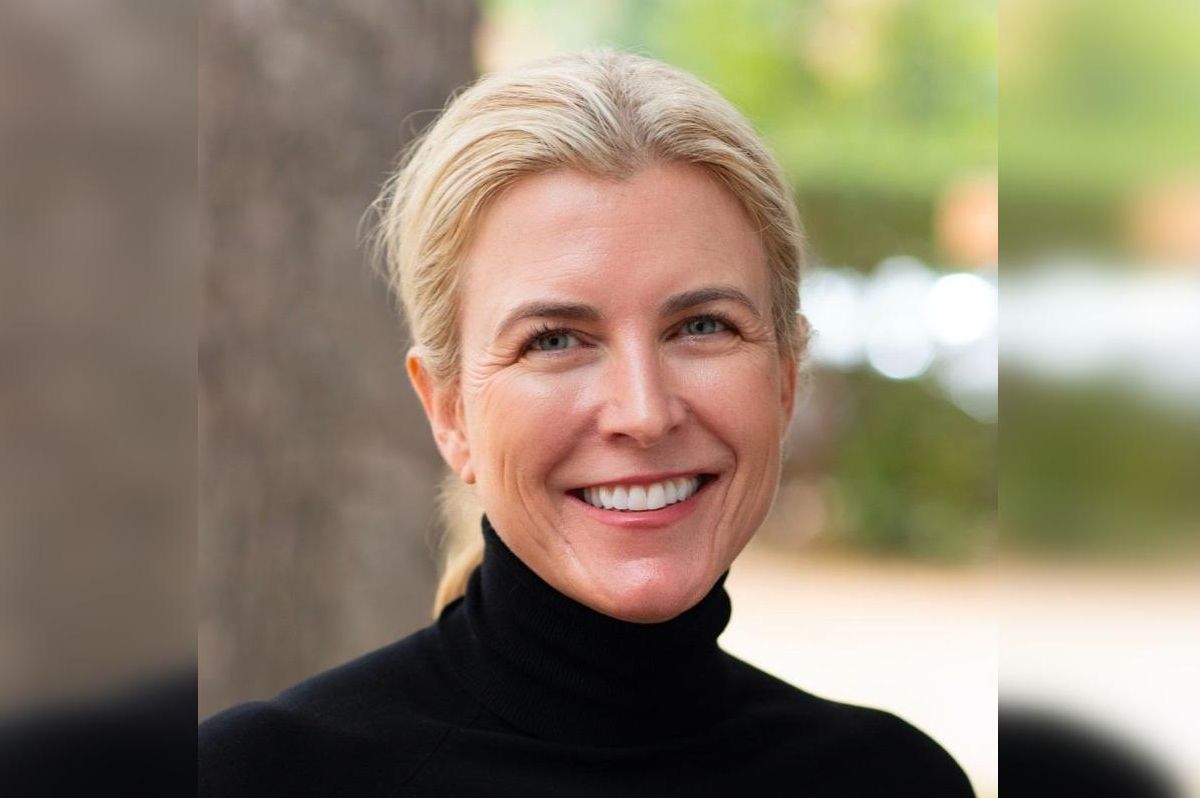3 tips from a Houston expert on making the most of content marketing
guest column
For startups and established companies alike, content marketing is king. It is one of the most well-respected methods for growing brand recognition, establishing a reputation for expertise in a field and engaging your target market.
In fact, according to Mailchimp, businesses with blogs obtain 67 percent more leads than other companies and 88 percent of consumers credit branded videos for convincing them to purchase a product or service. Even better, one of the biggest benefits of content marketing is that it allows you to capture the attention of your audience without a hard sell.
So, what is content marketing? Coursera provides a simple definition: content marketing is the marketing strategy of creating articles, podcasts, videos, infographics, and other types of media to engage and retain potential customers. But let’s dig a bit deeper. In order for this content to be effective, it needs to be relevant and valuable. The content should help establish your organization’s reputation as an expert in the field, but it should be primarily focused on addressing the needs of your audience in one way or another.
What are some things to focus on when developing a content marketing strategy? Begin with the end in mind. What are you trying to gain from this strategy? Are you looking to increase brand awareness and build your list? Working to generate immediate sales? Build partnerships? Establishing your goals will guide the rest of your planning and implementation going forward.
Know your audience
It is also critical that you have a thorough understanding of your audience. For starters, this involves understanding your market’s demographics, needs, common communication vehicles, and preferred content formats. In regard to your strategy, you also need to understand what stage of the customer sales journey you are trying to appeal to. Are they ready to buy, or just at the ‘getting information’ stage? Or perhaps you want to connect with existing customers to retain their business and generate referrals.
Keep concise and organized
To make the most out of your strategy, make sure the content is engaging. You may have the answer to your customers’ challenges, but if it is presented in a way they cannot connect with, you will lose their attention. Work to create content that is relatable and easily digestible. As you continue to develop your content, find a way to serve it up in an organized manner and deliver it on a consistent basis.
Track analytics
Also, you want to make sure you are tracking the performance of your content. Analytics will help you understand if and how your content is being engaged with, providing guidance on what to adjust, what to scrap and what to do more of. There are several tools available that will provide these metrics, but before you look to spend on something new, it is helpful to understand the resources you already have through your site metrics, email platforms, etc.
Finally, make sure your content isn’t outdated, and check for broken links or statements that contradict your other content.
Content marketing may seem like a challenge to get started and maintain, but it helps create a connection with your customers that benefits both of you in the short and long term. At the end of the day, many businesses find content marketing is a strategy they cannot live without in today’s fast-paced environment.
------
Katherine Rupp is marketing director of LevelField Financial, a Houston-based financial services company.
- How to leverage communications at any stage, according to Houston expert ›
- How to leverage mobile marketing for your startup, according to this Houston expert ›
- Houston expert: How ChatGPT affects business skills in 2023 ›
- How Houston startups can bolster marketing and communications collaboration ›
- Libby Covington of The Craig Group on leveraging data for B2B marketing - InnovationMap ›
- Startup marketing: How Houston founders should approach their strategy - InnovationMap ›


